

rader-Willi Syndrome (PWS) is a rare genetic disorder that impacts many aspects of a person’s life, from physical development to behavior. First identified in 1956 by Swiss doctors Andrea Prader, Alexis Labhart, and Heinrich Willi, this condition has been the focus of extensive research ever since. This guide aims to provide an in-depth understanding of Prader-Willi Syndrome, covering its symptoms, genetic basis, causes, treatments, and more.
Prader-Willi Syndrome Symptoms
The symptoms of Prader-Willi Syndrome can vary widely, but they often occur in two distinct stages:
Early Infancy
Low Muscle Tone (Hypotonia): Newborns with PWS often have weak muscle tone, which makes it difficult for them to suck and feed properly.
Poor Growth: Feeding challenges can lead to poor weight gain and slow growth in infancy.
Developmental Delays: Milestones like sitting, crawling, and walking may take longer to achieve.
Childhood and Beyond
Uncontrollable Hunger (Hyperphagia): This is a hallmark symptom of PWS, typically starting between ages 2 and 6. Without management, it can lead to severe obesity.
Behavioral Challenges: Children and adults may experience temper tantrums, stubbornness, and repetitive behaviors.
Learning Difficulties: Mild to moderate intellectual disabilities are common.
Physical Characteristics: Many individuals have short stature, small hands and feet, and distinctive facial features.
Hormonal Issues: Growth hormone deficiencies and underdeveloped sex organs (hypogonadism) are frequent.
Prader-Willi Syndrome Genetics
Prader-Willi Syndrome results from genetic changes on chromosome 15. Specifically, it involves missing or non-functional genes on the paternal copy of this chromosome. This can happen in several ways:
Paternal Deletion: In about 70% of cases, a specific region on the paternal chromosome 15 is missing.
Maternal Uniparental Disomy (UPD): Around 25% of cases occur when both copies of chromosome 15 come from the mother, with none from the father.
Imprinting Errors: Rarely, a problem with how certain genes are expressed, depending on their parental origin, leads to PWS.
Prader-Willi Syndrome Life Expectancy
With advances in medical care, the life expectancy of people with PWS has improved significantly. However, it depends on managing complications like obesity, respiratory issues, and heart problems. With proper support, individuals can live well into their 50s or 60s. Early and ongoing management of weight is essential to enhance both longevity and quality of life.
Prader-Willi Syndrome Cause
PWS occurs because of missing or malfunctioning genes in a specific part of chromosome 15 (15q11-q13). This region is crucial for normal growth, development, and metabolism. The condition is usually caused by a random genetic event and is rarely inherited.
Prader-Willi Syndrome Treatment
While there is no cure for Prader-Willi Syndrome, various treatments can help manage symptoms and improve quality of life:
Growth Hormone Therapy: Growth hormone can help improve height, muscle tone, and body composition.
Dietary Management: Carefully controlling diet and calorie intake is crucial to prevent obesity.
Behavioral Support: Therapy can help manage temper tantrums, repetitive behaviors, and other challenges.
Hormone Replacement: Treating deficiencies, such as those related to hypogonadism, can support physical and emotional well-being.
Special Education: Tailored learning programs can help individuals achieve their full potential.
Physical Therapy: Strengthening exercises and coordination training are beneficial.
Prader-Willi Syndrome Chromosome
PWS is linked to genetic changes in the 15q11-q13 region of chromosome 15. This region includes genes that are active only on the paternal chromosome. If these genes are missing or not working correctly, the syndrome develops. Understanding this genetic basis has been crucial for improving diagnosis and treatment.
Prader-Willi Syndrome Pronunciation
Prader-Willi Syndrome is pronounced as “PRAH-der VIL-ee”. The name comes from the doctors who first described the condition.
Prader-Willi Syndrome Facial Features
People with PWS often have distinct facial features, which may include:
Almond-Shaped Eyes: A unique eye shape seen in many individuals.
Narrow Forehead: The forehead may appear slightly constricted.
Thin Upper Lip: The upper lip is usually thinner than average.
Downturned Mouth Corners: This gives the mouth a distinctive shape.
Flattened Facial Profile: The face may appear flatter due to underdeveloped facial bones.
Conclusion
Prader-Willi Syndrome is a challenging condition that requires care from a variety of specialists. Understanding its genetic basis, symptoms, and treatments can make a significant difference in the lives of those affected. While living with PWS has its challenges, advances in medical care and support systems offer hope for a brighter future. By raising awareness and fostering compassion, we can create a more inclusive world for individuals with Prader-Willi Syndrome and their families.

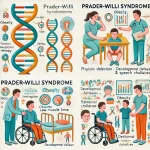



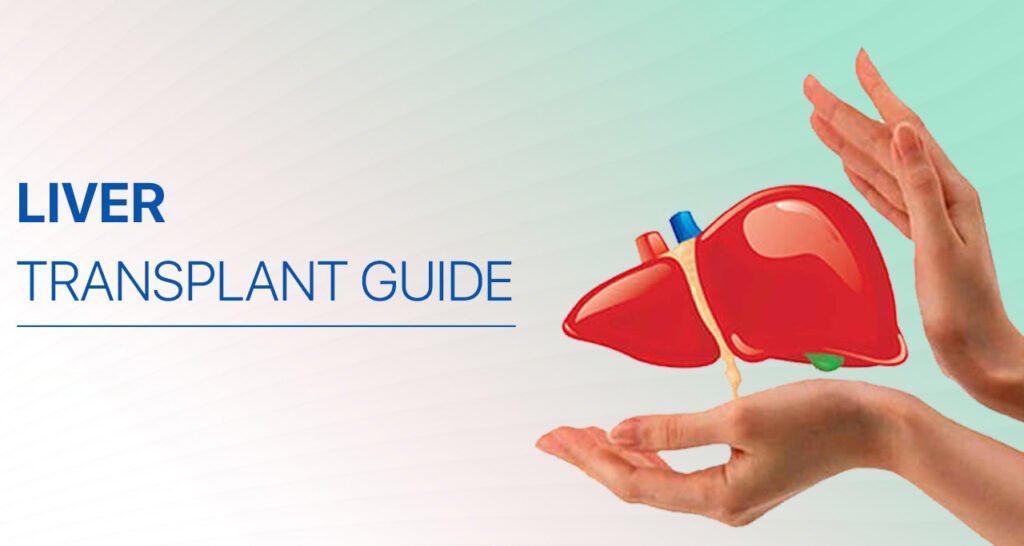
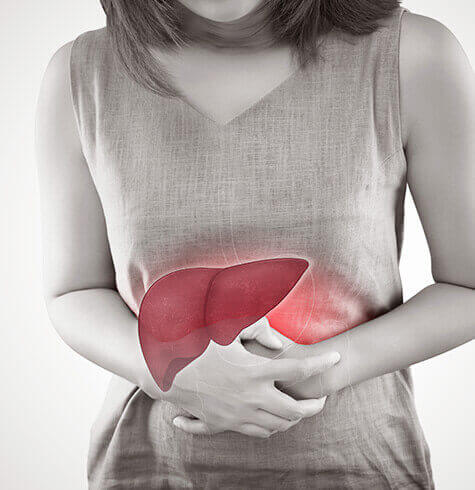

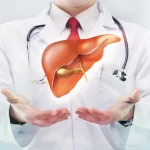


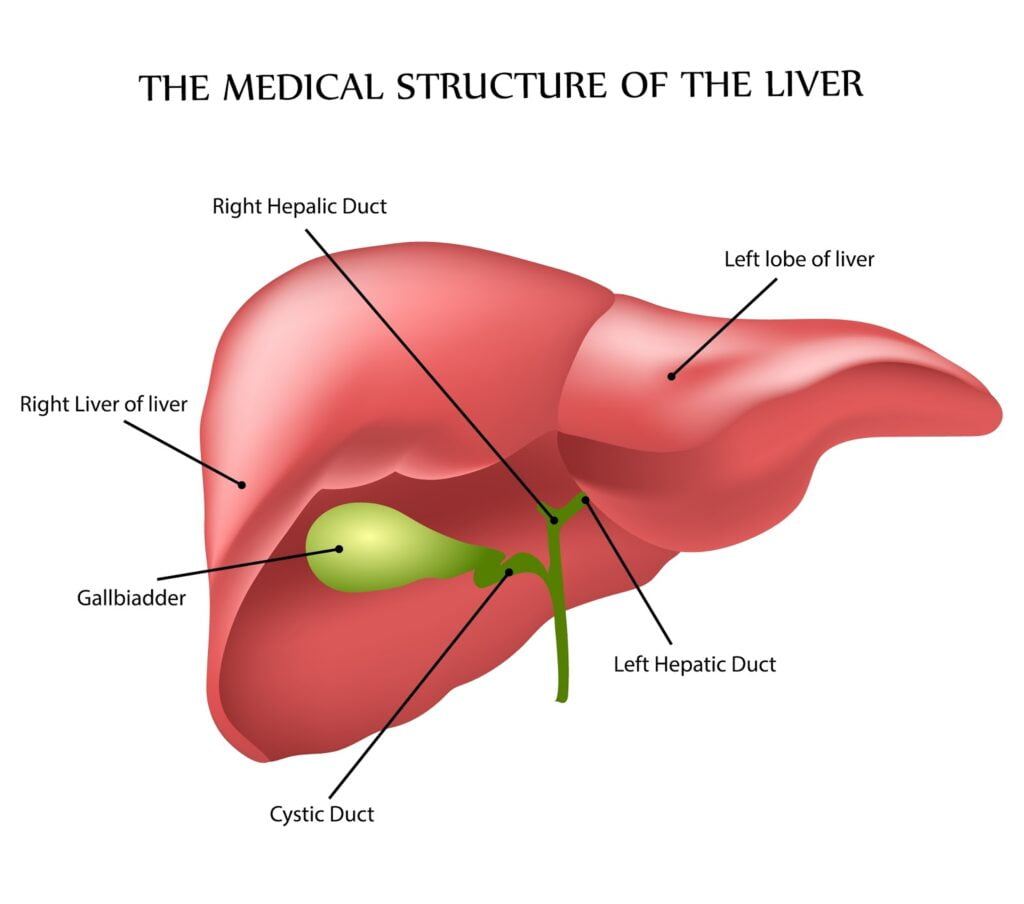
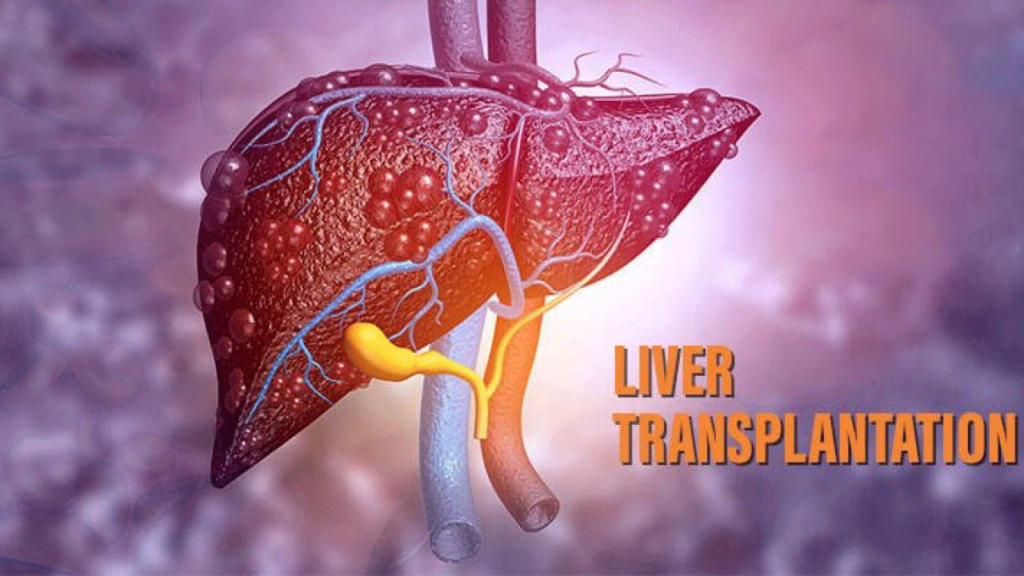


Indian Health Adviser (IHA) is a healthcare facilitator seeking to make health and wellness easier for people of international residents, their families, and their friends.
Designed by Acmeinfolabs